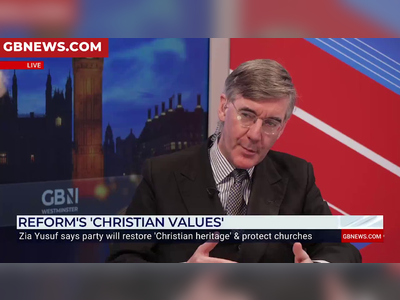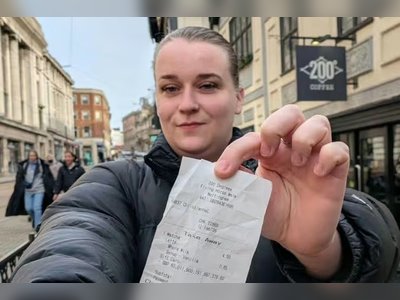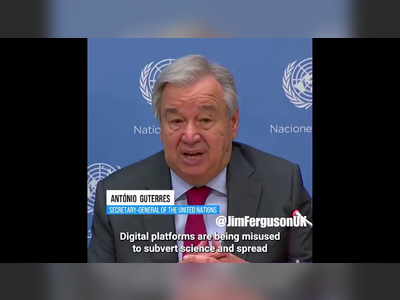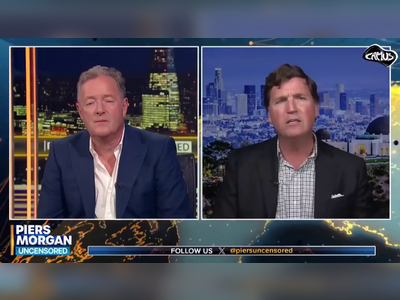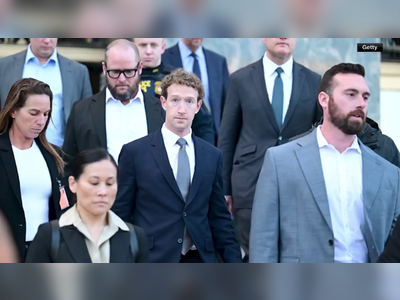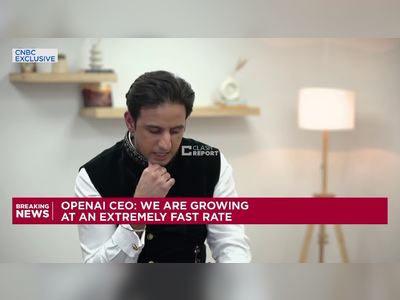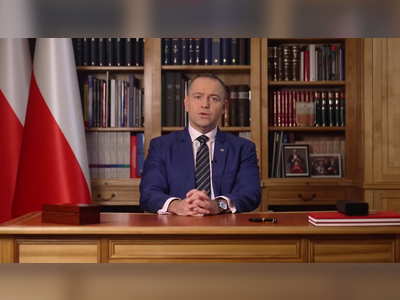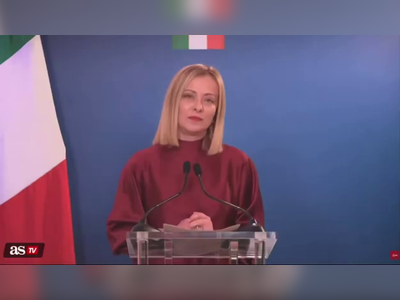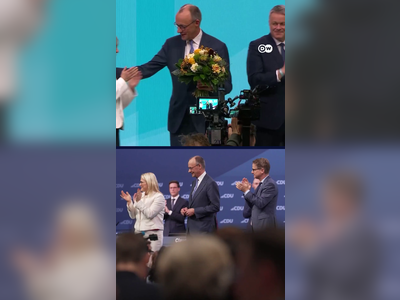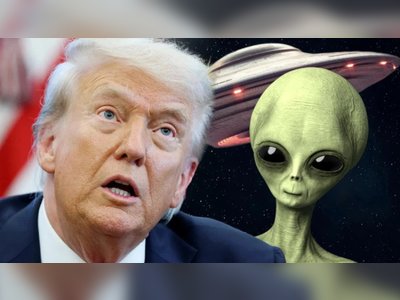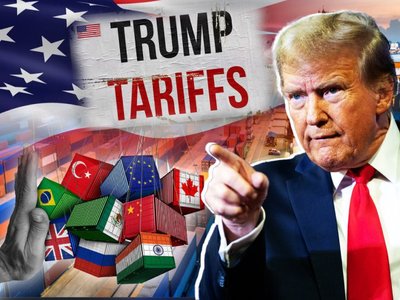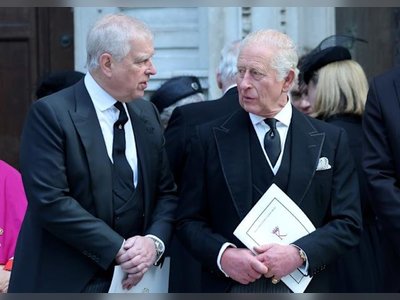Zelensky Weighs Peace Pact at EU Summit Amidst Rising Pressure from Trump Presidency
The Ukrainian leader, grappling with trust issues towards Putin, discusses frameworks for negotiations and potential military oversight with EU and NATO allies.
In the corridors of power in Brussels, a delicate dance unfolds as EU leaders, alongside NATO, deliberate with Ukrainian President Volodymyr Zelensky over a prospective peace plan with Russia.
The backdrop is one of strategic negotiations at an EU summit where Zelensky’s attendance is pivotal in defining the conditions under which Ukraine might enter talks with Moscow.
The urgency of these talks is underscored by the impending inauguration of Donald Trump as U.S. President, a transition that could catalyze rapid progress towards a détente.
At the heart of the negotiations lies a fundamental demand from Ukraine: the reassurance of robust security guarantees should Russia display readiness for an armistice come the new year, a stance fervently championed by Zelensky.
Zelensky, however, remains wary of President Vladimir Putin, labeling him a volatile figure with scant regard for human lives.
This ingrained mistrust frames Ukraine’s insistence on unequivocal security assurances before considering any talks.
The European discourse, invigorated by prior discussions between French President Emmanuel Macron and Polish Prime Minister Donald Tusk, hints at the possibility of deploying up to 40,000 European troops to enforce any prospective ceasefire in Ukraine.
Despite the speculative nature of military engagement, echoed by Tusk’s cautious remarks, there is an evident push towards 'Peace through strength' as the guiding principle.
Zelensky’s discussions with Macron, held discreetly at NATO Chief Mark Rutte’s residence, explored these military safeguards.
While supportive of Macron’s initiative, Zelensky’s vision remains anchored in NATO membership for Ukraine—a strategic move to curb Russian aggression, albeit one potentially necessitating interim Western military presence.
As the freshly appointed Portuguese President of the European Council, António Costa, emphasizes, the EU stands united behind Ukraine, vowing to back Kyiv’s strategy in reaching a fair peace deal.
However, he draws a clear line: no capitulation, with Ukraine retaining sole authority over peace terms.
Echoing this sentiment, Dutch Premier Schoof underscores the necessity for Ukraine to amass enough front-line strength to dictate its negotiation terms autonomously, a notion aligning with the broader EU strategy to empower Ukraine ahead of any peace deliberations.
The backdrop is one of strategic negotiations at an EU summit where Zelensky’s attendance is pivotal in defining the conditions under which Ukraine might enter talks with Moscow.
The urgency of these talks is underscored by the impending inauguration of Donald Trump as U.S. President, a transition that could catalyze rapid progress towards a détente.
At the heart of the negotiations lies a fundamental demand from Ukraine: the reassurance of robust security guarantees should Russia display readiness for an armistice come the new year, a stance fervently championed by Zelensky.
Zelensky, however, remains wary of President Vladimir Putin, labeling him a volatile figure with scant regard for human lives.
This ingrained mistrust frames Ukraine’s insistence on unequivocal security assurances before considering any talks.
The European discourse, invigorated by prior discussions between French President Emmanuel Macron and Polish Prime Minister Donald Tusk, hints at the possibility of deploying up to 40,000 European troops to enforce any prospective ceasefire in Ukraine.
Despite the speculative nature of military engagement, echoed by Tusk’s cautious remarks, there is an evident push towards 'Peace through strength' as the guiding principle.
Zelensky’s discussions with Macron, held discreetly at NATO Chief Mark Rutte’s residence, explored these military safeguards.
While supportive of Macron’s initiative, Zelensky’s vision remains anchored in NATO membership for Ukraine—a strategic move to curb Russian aggression, albeit one potentially necessitating interim Western military presence.
As the freshly appointed Portuguese President of the European Council, António Costa, emphasizes, the EU stands united behind Ukraine, vowing to back Kyiv’s strategy in reaching a fair peace deal.
However, he draws a clear line: no capitulation, with Ukraine retaining sole authority over peace terms.
Echoing this sentiment, Dutch Premier Schoof underscores the necessity for Ukraine to amass enough front-line strength to dictate its negotiation terms autonomously, a notion aligning with the broader EU strategy to empower Ukraine ahead of any peace deliberations.
